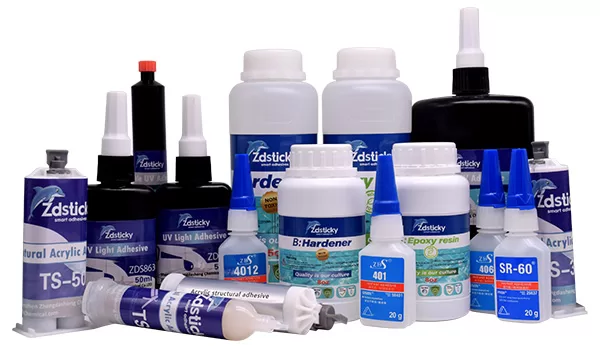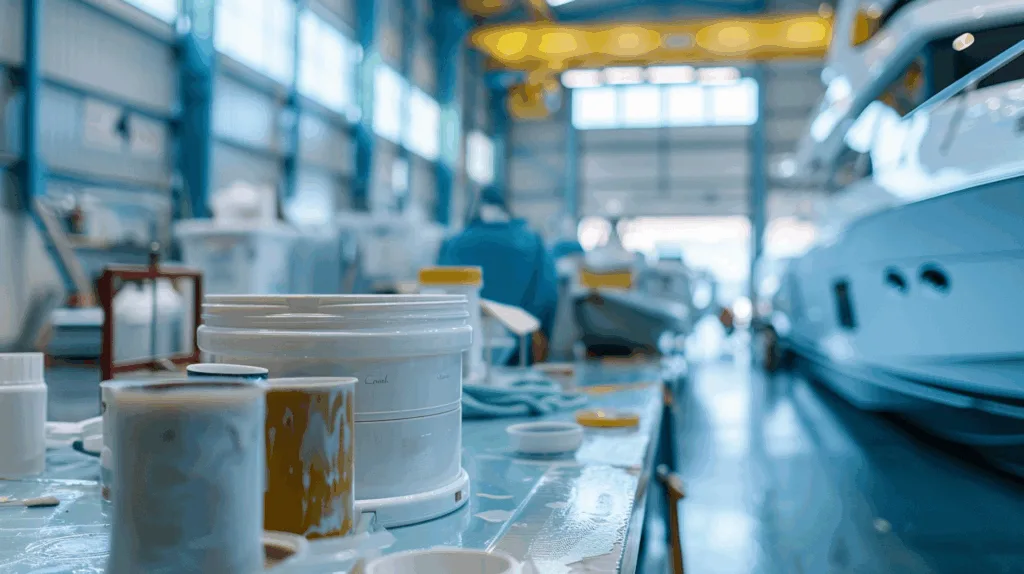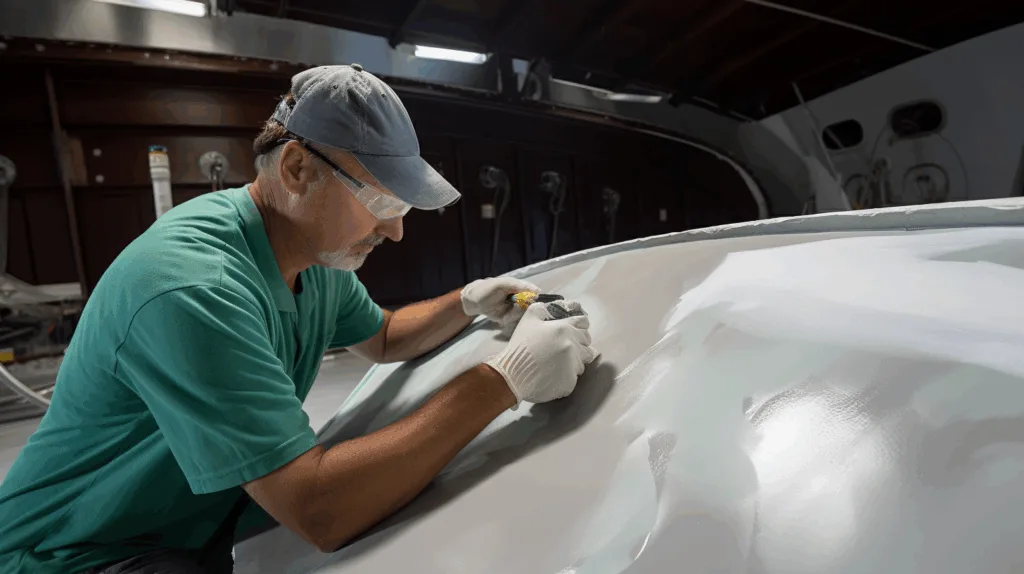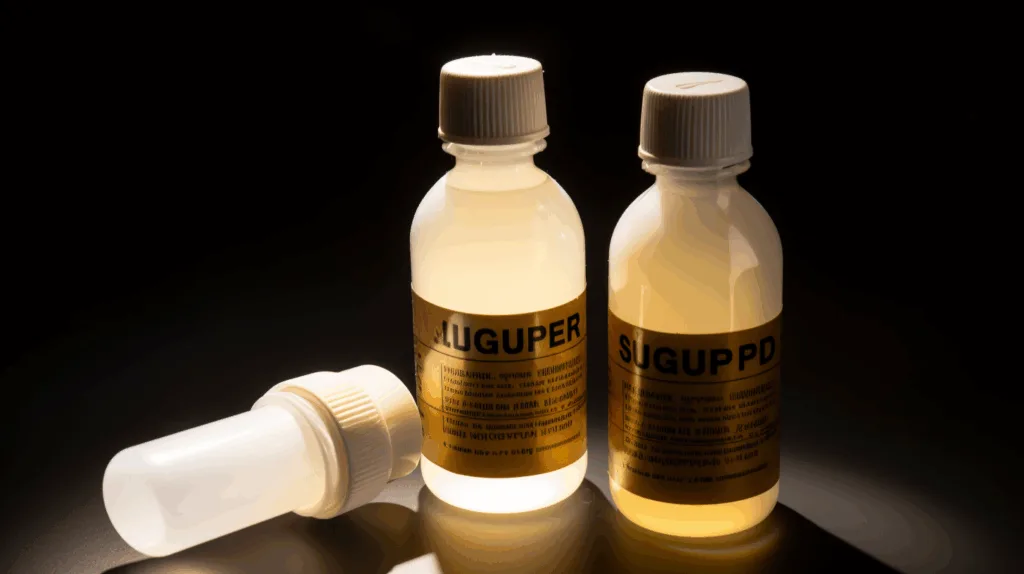Epoxy resin is extremely popular in many industries because it can be used in many ways and sticks things together really well. One question that often arises is whether epoxy resin can effectively bond to plastic surfaces. In this blog post, we will discuss if Epoxy adhesive can work with various types of plastic. We will also look at how it can be used.

Understanding Epoxy Resin
Epoxy resin is a type of thermosetting polymer that forms a strong and durable bond when cured. It consists of two components: a resin and a hardener. The components are mixed in a specific ratio, causing a chemical reaction. This changes the liquid into a solid.
Compatibility with Different Types of Plastic
The epoxy resin’s compatibility with plastic depends on different factors. These factors include the type of plastic and how the surface is prepared. Epoxy resin usually sticks well to most plastics, but some plastics need special treatment for better bonding. Let’s explore a few common types of plastic and their compatibility with epoxy resin:
Polyethylene (PE) and Polypropylene (PP):
These plastics have a low surface energy, which makes it difficult to bond them with most adhesives, even epoxy resin. Certain epoxy formulas are made to stick better to these plastics by adding substances or improving wetting.
Polyvinyl Chloride (PVC):
PVC is a commonly used plastic that generally shows good adhesion to epoxy resin. To make the bond stronger, clean and roughen the PVC surface before applying the materials.
Acrylic (PMMA):
Epoxy resin sticks to acrylic, so it’s good for bonding acrylic sheets or products. To get the best adhesion, you need to clean the surface well and use the right epoxy.
Polycarbonate (PC) and ABS:
Epoxy resin generally forms strong bonds with polycarbonate and ABS plastics. These materials have a high surface energy, so they stick well without needing a lot of preparation.
Surface Preparation for Effective Bonding
Properly preparing plastic surfaces is crucial for epoxy resin to stick well. Here are some steps to follow:
Clean the surfaces:
Remove any dirt, dust, or grease from both the plastic and epoxy resin using mild detergent solutions or suitable cleaning agents. This ensures proper wetting and contact between the materials.
Mechanical roughening:
To improve the bond strength of low surface energy plastics, you can lightly sand or abrade the surface. This creates micro-roughness, which increases the surface area for adhesion.
Priming:
In certain situations, using a primer before applying epoxy resin can make the plastic bond better.
Applications of Epoxy Resin on Plastic
Epoxy resin can bond well to plastic, which creates many possibilities for different industries. Some common applications include:
- Repairing broken or damaged plastic parts
- Bonding plastic components in the automotive industry
- We make strong coatings for plastic surfaces to protect against damage, chemicals, and sunlight.
- Encapsulating electronic components in plastic housings for improved durability
Epoxy resin demonstrates significant versatility when it comes to bonding plastic surfaces. Epoxy resin can form strong bonds with many types of plastic, depending on compatibility and surface preparation. If you use epoxy resin for plastic projects, it’s crucial to know about compatibility and surface prep. Both professionals and DIY enthusiasts should know these factors.








